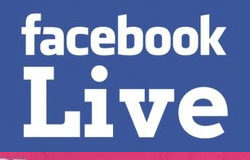Pharma Industry News Update: 31 March 2017
The Art & Science of Naming Drugs In this 5-minute audio snippet, Pharmaguy discusses the naming of drugs, which has been described both as a science and an art. Whichever, some say drug names are absurd. Drug names have been laughed at on Saturday Night Live and even cited as a reason why patients do not fill their prescriptions. And it all may be due to the overuse of 2 letters in the alphabet!
![]()
 Pharma Overuses the Letter Z in Drug Names. Does It Hurt Adherence?
Pharma Overuses the Letter Z in Drug Names. Does It Hurt Adherence?
From www.linkedin.com
Pharma companies do love to name their drugs using rather uncommon letters. They like to both start their drug names with these letters and mix them throughout the name.
Consider this, the most commonly used letter in English is E. It accounts for 12.7% of all letters used in all the words in the Concise Oxford dictionary. The letter Z, the least commonly used letter, accounts for only 0.07%.
But according to a study of drug names by Jonathan Richman, founder and director of Dose Marketing in Cincinnati, pharma seems to love Z, not E.
For the drug names considered in Richman’s study, the letter Z accounts for 2.52% of all letters used. That’s roughly 3,300% different than what would be expected (0.07%).
More analysis of drug names here…
“In general, people judged drugs with simple names as safer, assumed that those drugs had fewer side effects and were more willing to buy those drugs,” say researchers in a study published in the Journal of Health Psychology. Do complex names with Z’s and X’s negatively impact adherence to medication? For more on that, read If Rx Drugs Had Simpler Names, Would Patients Be More Adherent?
Further Reading:
- What’s in a Name? Is Naming Rx Drugs an Art or a Science?
- Pharma Gets Drug Names from Octavia Spencer’s Phone Contact List
![]()
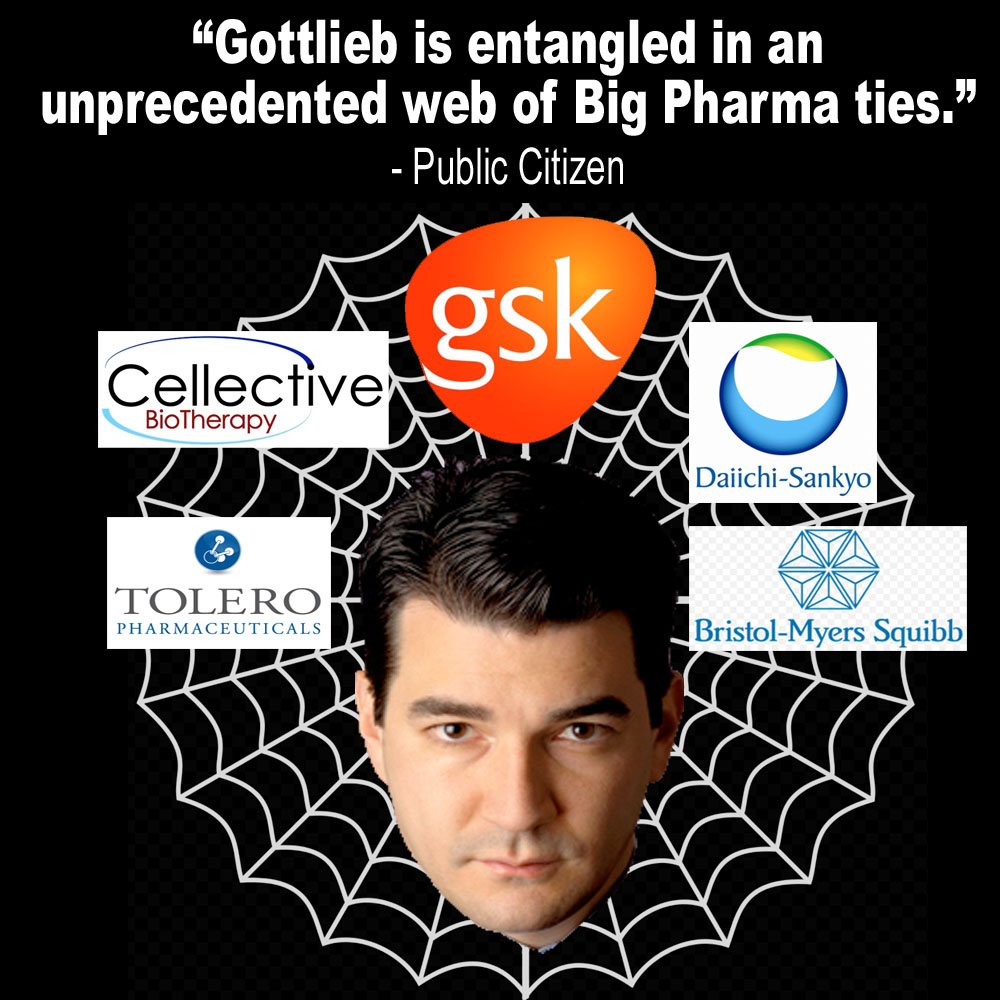 FDA Commissioner Nominee Gottlieb Discloses He Received Million$ From Pharma
FDA Commissioner Nominee Gottlieb Discloses He Received Million$ From Pharma
From www.nytimes.com
Dr. Scott Gottlieb, President Trump’s nominee to head the Food and Drug Administration has received millions of dollars in payments from about 20 health care companies he worked with in the private sector, according to his federal disclosure forms, which include a plan to recuse himself for a year from any agency decisions involving those firms if he is confirmed by the Senate.
Dr. Gottlieb’s financial relationships with drug companies are sure to revive debate over whether someone with such close ties to the industry should be put in charge of an agency that controls its fate: Several consumer groups and others have already criticized his nomination. The issue is also likely to come up in his confirmation hearings in the Senate.
Further Reading:
- Trump’s FDA Pick Has Extensive Industry Ties and Dangerous Deregulatory Ideas, Says Public Citizen
- If Gottlieb Becomes FDA Commissioner, It Would Be First Case of FDA-Pharma-FDA Revolving Door
Novartis Must Reveal Details of Alleged 79,200 “Sham” Physician Speaker Events
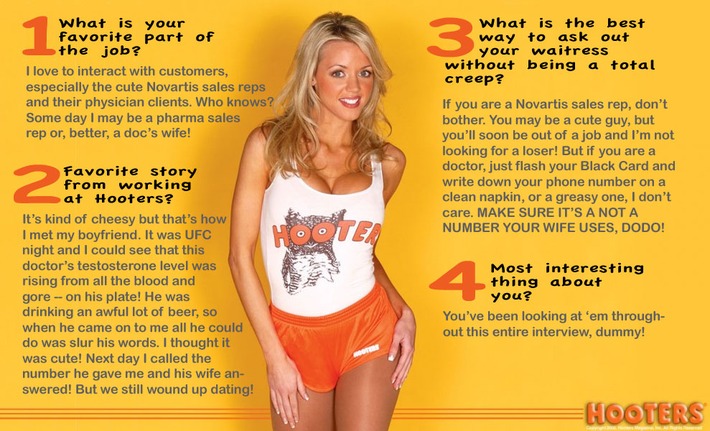
From www.statnews.com
After a year-long battle, a federal judge ordered Novartis to turn over to the Department Justice documents containing details of allegedly 79,200 “sham” speaking events the drug maker used to encourage doctors to prescribe several blood pressure medicines.
The decision stems from a whistleblower lawsuit, which was initially filed six years ago by a former Novartis sales rep, contending the drug maker violated federal anti-kickback laws for nearly a decade. The Justice Department later joined the lawsuit, which alleged Novartis paid bribes to boost prescriptions and, as a result, caused federal health care programs to overpay for medicines (read “U.S. Seeks Records of 80,000 Novartis ‘Sham’ Events for Doctors“).
The drug maker often treated doctors to expensive dinners at high-end restaurants, according to the documents. In one instance, a dinner for three, including the speaker, at a Washington, D.C., restaurant cost $2,016, or $672 per person. At another event held on Valentine’s Day in 2006, Novartis paid $3,127 for a meal for two at a West Des Moines, Iowa, restaurant.
Further Reading:
- Novartis Wines – er, Beers – and Dines Docs at Hooters! – I love this story about what may have gone on at Hooter’s between the docs and waitress staff! Perhaps the documents will reveal that my imagination is “somewhat vindicated.”
A Canadian Strikes Back Against Pfizer CEO Read Regarding Who Innovated What First
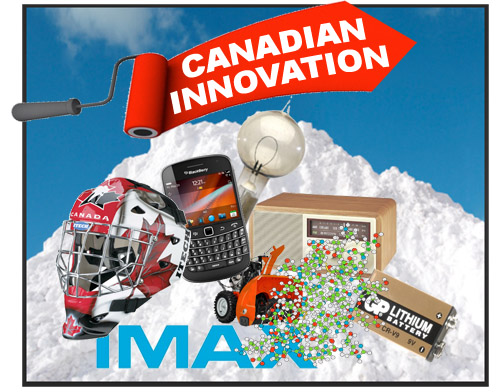
From www.cantechletter.com
Last week in Washington, DC, a luncheon at the National Press Club Ballroom, was an opportunity to rake Ian Read, CEO of Pfizer Pharmaceuticals, over the coals. But, instead, Read raked Canada!
Near the end of the Q & A, the topic of international trade agreements came up. “We didn’t support [the Trump-scuppered] Trans Pacific Partnership because it was really bad for our intellectual property,” said Read. “Most of these countries, if you look at Canada, if you look at Australia, if you look at New Zealand, all highly developed countries, all free-riding on inventions in the United States … And Canada is cheaper because … it free-rides off American innovation” (read “Ian Read, CEO of Pfizer, aka the ‘Donald Trump of Pharma,’ Bashes Global ‘Freeloading’ Off U.S.“).
Freeloaders, Mr. Read? Freeloaders on American innovation! I’m no Einstein, but I think you might have it a little ass backwards, dude.
More here about the innovations the U.S. has “freeloaded” off Canada…




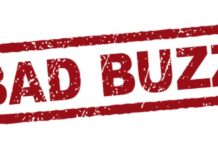
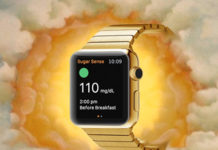
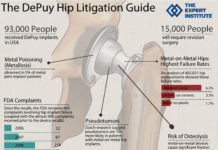
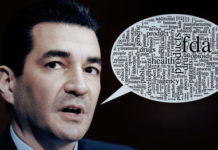
![6 Digital Tools at the Center of Healthcare Digitalization [INFOGRAPHIC]](http://ec2-54-175-84-28.compute-1.amazonaws.com/pharma-mkting.com/wp-content/uploads/2021/04/6DigitalTools_600px-100x70.jpg)




